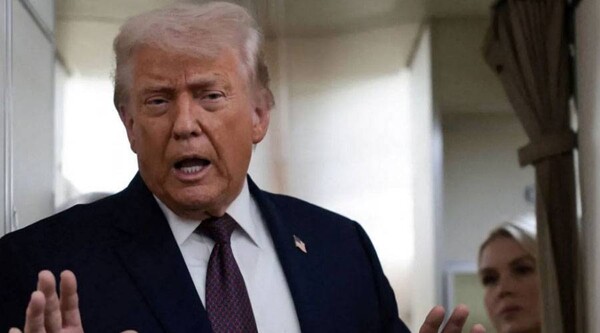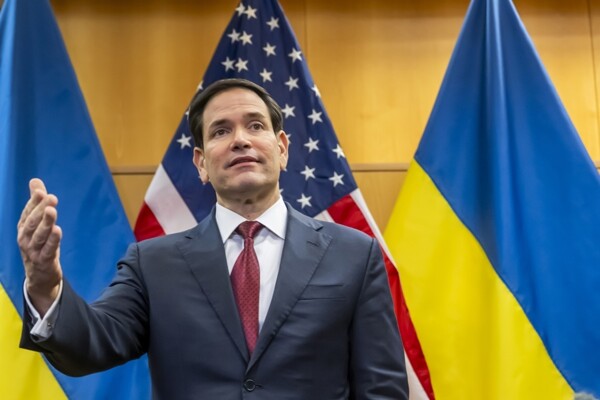
On Tuesday, during his speech before Congress, Trump expressed his goal for American corporations to establish their factories in the United States, favoring those that relocate their plants from Mexico, China, and other countries. Trump's plan would include raising the costs of access to the U.S. market for foreign affiliates and providing benefits to those that repatriate their facilities, such as tax reductions and subsidies.
On the other hand, it is highlighted that the imposition of tariffs on U.S. imports is not aimed at the reindustrialization of the United States, but could cause unemployment, inflation, and global trade tensions. This unilateral approach by Trump would limit international cooperation on issues like climate change and promote asymmetric bilateral negotiations with other countries.
Additionally, it is mentioned that the U.S. administration, led by Trump, focuses on combating drug trafficking by justifying the elimination of tariffs on countries like China, Canada, and Mexico if they show progress in this regard. There is criticism of the lack of concrete actions to address addiction among young Americans, and it is suggested that there are financial interests behind these decisions.
Finally, it analyzes how Trump's protectionist measures seek to reindustrialize the U.S. economy and challenge the established international political order after World War II. It highlights Washington's intention to contain China, which has become a global economic and technological power, generating tensions in the global economic system and seeking to attract investments to the United States through restrictive trade policies.














